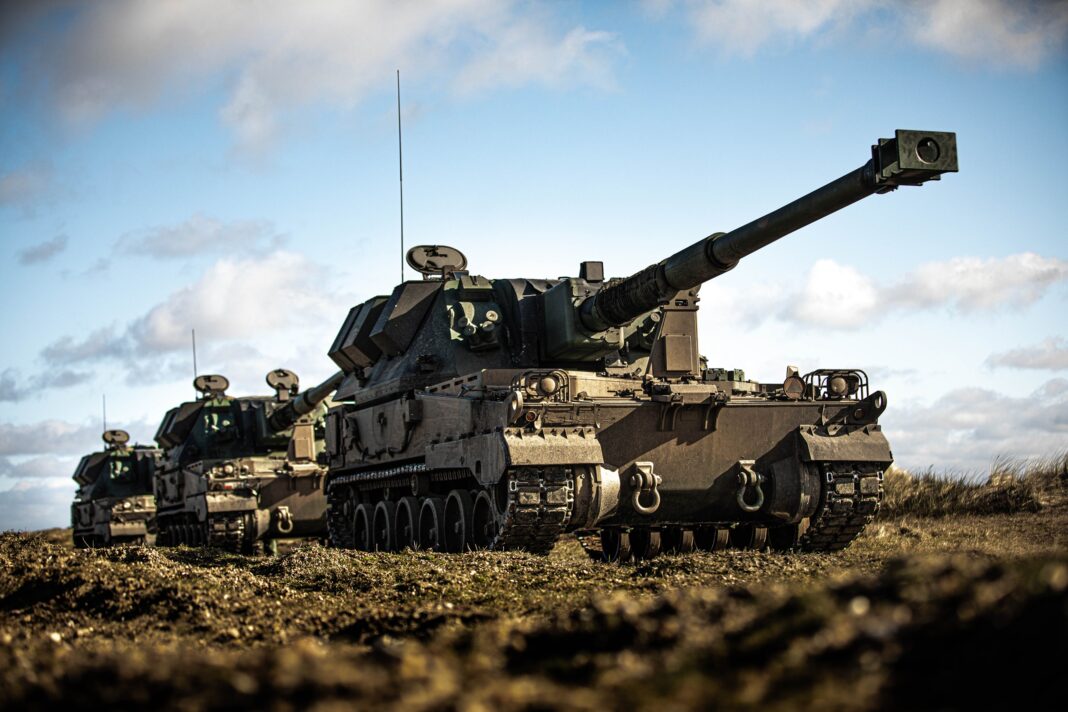
Poland plans to increase domestic ammunition production by more than five times in an effort to reduce its reliance on foreign arms supplies, Minister of State Assets Jakub Jaworowski told the Financial Times in an interview published.
Jaworowski said that Polish state-owned defense group Polska Grupa Zbrojeniowa (PGZ) will soon receive 2.4 billion zlotys (approximately $663 million) in government funding to expand production of NATO-standard 155mm artillery shells and 120mm tank rounds.
According to the report, PGZ currently manufactures around 30,000 large-caliber shells annually. The new funding is intended to raise that figure to between 150,000 and 180,000 per year within three years, with all production taking place in Poland to eliminate dependency on imported components.
“Our goal in the short term is to significantly increase domestic production of this type of armament, as well as to become independent of foreign supplies and build a sustainable base for national autonomy. This is one of our priorities,” Jaworowski told FT.
In the same interview, he pointed to Russia’s full-scale invasion of Ukraine as a catalyst for the shift. “155mm ammunition plays a key role on the modern battlefield and is needed in large numbers,” he said, noting that Poland must be prepared to meet demand in the event of prolonged or intensified conflict.
The 155mm artillery round has become a backbone of NATO-standard firepower and is used by both towed and self-propelled howitzer systems. Ukrainian forces rely heavily on this caliber, supplied by Western allies, to counter Russian ground operations. Supply shortages and bottlenecks in European production have emerged as critical challenges during the war.
Poland, a front-line NATO member bordering both Ukraine and Belarus, has invested heavily in military modernization since the start of the war, including procurement of U.S.-made HIMARS systems, South Korean K2 tanks, and K9 self-propelled howitzers. The decision to localize large-scale ammunition production marks another move toward defense industrial self-sufficiency.
PGZ is expected to scale production across multiple domestic sites while maintaining NATO interoperability. The company has not yet issued a statement regarding the expansion but has previously identified munitions manufacturing as a key component of its strategic development plan.
While Jaworowski acknowledged that some imported materials may still be required, he emphasized that the new production lines will be designed to maximize local content and reduce exposure to supply chain disruptions.
The push for expanded manufacturing comes amid broader European efforts to close critical gaps in defense readiness. EU and NATO officials have urged member states to increase output of core munitions, particularly 155mm shells, which remain in short supply despite rising demand.